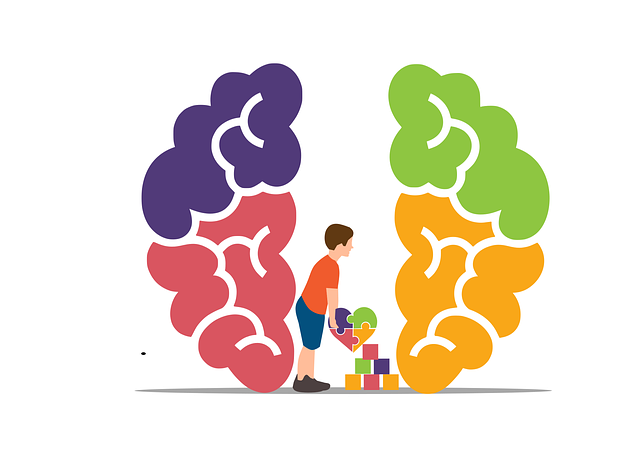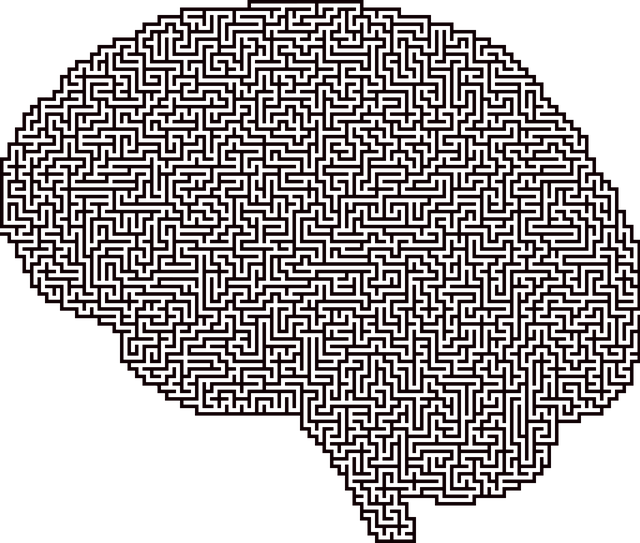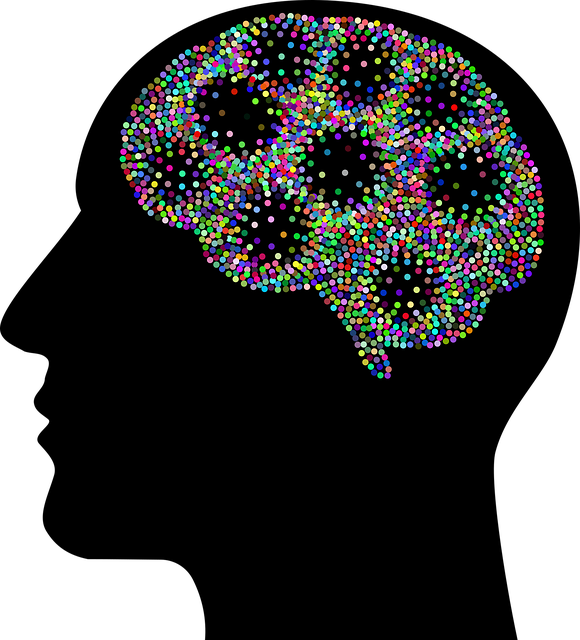Mental wellness journaling, inspired by Wheat Ridge Divorce Therapy, is a powerful tool for self-reflection and emotional healing after divorce. By recording thoughts and emotions, individuals engage in "mind over matter" exercises, fostering self-awareness and uncovering patterns that promote mental wellness. This practice enhances communication skills, personal growth, and understanding of oneself, similar to Social Skills Training. A personalized journal with calming elements creates a safe space for self-expression, reflection, and stress management. Using prompts and mindfulness meditation, journaling encourages continuous progress toward a healthier mind, aligning with the therapeutic approach of Wheat Ridge Divorce Therapy.
“Unwind and reconnect with yourself through the powerful practice of mental wellness journaling, a transformative tool recommended by Wheat Ridge Divorce Therapy experts. This article guides you on a journey of self-discovery, offering insights into how journaling can support divorce recovery. From understanding its benefits to setting up a dedicated space, we explore effective prompts and creative techniques. Discover how this simple practice can enhance your emotional well-being and foster personal growth after a life-changing event.”
- Understanding Mental Wellness Journaling: An Introduction to Self-Reflection
- The Benefits of Journaling for Divorce Recovery
- Setting Up Your Journal: Creating a Safe Space for Expression
- Prompt Ideas to Guide Your Writing Journey
- Incorporating Creativity and Mindfulness Techniques in Your Journal
Understanding Mental Wellness Journaling: An Introduction to Self-Reflection

Mental wellness journaling is a powerful tool for self-reflection and personal growth, offering individuals a safe space to explore their thoughts and emotions. It’s an act of taking time to pause, reflect, and record one’s mental state, much like Wheat Ridge Divorce Therapy provides a structured environment for emotional healing. This practice encourages folks to delve into their inner world, fostering self-awareness exercises that can be transformative.
By jotting down experiences and feelings, individuals engage in “mind over matter” principles, enabling them to better understand themselves. It’s akin to Social Skills Training, where communication and interpersonal abilities are honed through practice. Through this process, one can uncover patterns, identify triggers, and gain insights that promote mental wellness.
The Benefits of Journaling for Divorce Recovery

Journaling has emerged as a powerful tool for individuals navigating divorce, offering a safe space to process emotions and foster self-healing. For those seeking Wheat Ridge Divorce Therapy, incorporating mental wellness journaling exercises into their recovery regimen can be transformative. This practice allows individuals to gain profound insights into their thoughts and feelings, which is particularly beneficial in managing the complex emotional landscape post-divorce.
By dedicating time to write about their experiences, individuals can develop a deeper understanding of themselves and their emotions. The act of journaling encourages self-reflection, helping individuals identify patterns, triggers, and sources of distress. Moreover, it promotes self-compassion, as writing down one’s feelings without judgment enables a more supportive relationship with oneself during this challenging period. Through mental wellness journaling exercises, divorce survivors can gain clarity, process grief, and gradually rebuild their sense of self—all essential components in the development of robust mental health education programs designed for post-divorce recovery, such as those offered by Wheat Ridge Divorce Therapy.
Setting Up Your Journal: Creating a Safe Space for Expression

Setting up your mental wellness journal is the first step towards creating a safe and sacred space for self-expression. Choose a quiet, private location where you can feel comfortable opening up and exploring your thoughts and emotions without interruption. Your journal should be a reflection of you—a place to share your experiences honestly and freely. Consider personalizing your setup with items that inspire calmness and positivity, such as a favorite quote, essential oils, or crystals. This physical space will serve as a mental sanctuary where you can confront challenges, process emotions, and celebrate victories in a way that aligns with Wheat Ridge Divorce Therapy principles.
Creating a structured yet adaptable journaling routine is key to reaping the most benefit from this practice. Decide on a consistent time each day or week that works best for your schedule. Consistency helps establish a rhythm of reflection and self-care, fostering better stress management and promoting positive thinking. As you begin, allow yourself to write freely without judgment, using prompts if needed. Over time, as you become more comfortable, incorporate specific themes relevant to your life, such as gratitude, challenges faced, or lessons learned. Remember, the goal is not perfection but progress—a continuous journey towards a healthier, happier mind.
Prompt Ideas to Guide Your Writing Journey

Embarking on a mental wellness journaling journey can be both transformative and therapeutic, offering a personal space to explore your thoughts and emotions. To kickstart this practice, consider prompts that encourage reflection and self-discovery. For instance, you might write about your daily routines, highlighting moments of joy or stress, which can provide valuable insights into your overall well-being. Exploring your feelings about recent life events, whether it’s a challenging conversation or a moment of personal achievement, allows you to process and understand them better.
Incorporating practices like mindfulness meditation through journaling can be highly beneficial. Describe a peaceful place or a memory that brings you calm, and delve into the sensations and thoughts associated with that image. This exercise aligns perfectly with the therapeutic approach offered by Wheat Ridge Divorce Therapy, focusing on emotional processing and mental wellness. Additionally, drawing inspiration from a Mental Wellness Podcast Series Production can provide creative prompts, such as discussing a recent episode’s theme or sharing personal strategies for managing stress, fostering a sense of community and support while enhancing your journaling practice.
Incorporating Creativity and Mindfulness Techniques in Your Journal

Mental wellness journaling is a powerful tool for personal growth, especially during challenging life transitions like divorce. By combining self-reflection with creative expression, individuals can uncover hidden emotions, gain clarity, and cultivate resilience. At Wheat Ridge Divorce Therapy, we encourage clients to embrace this therapeutic practice as a way to navigate their healing journey. Through regular journaling, one can develop a deeper understanding of themselves, find solace in their thoughts, and take proactive steps towards a brighter future. So, why not give it a try? Start your writing journey today and let your words be the key to unlocking your mental wellness.














